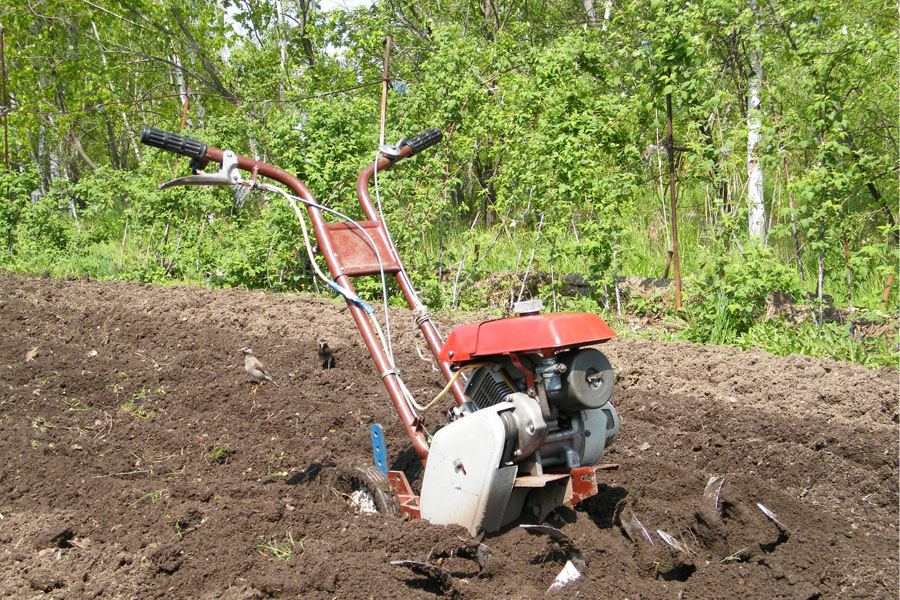Herbal analgesics - healing herbs: choosing the best remedy
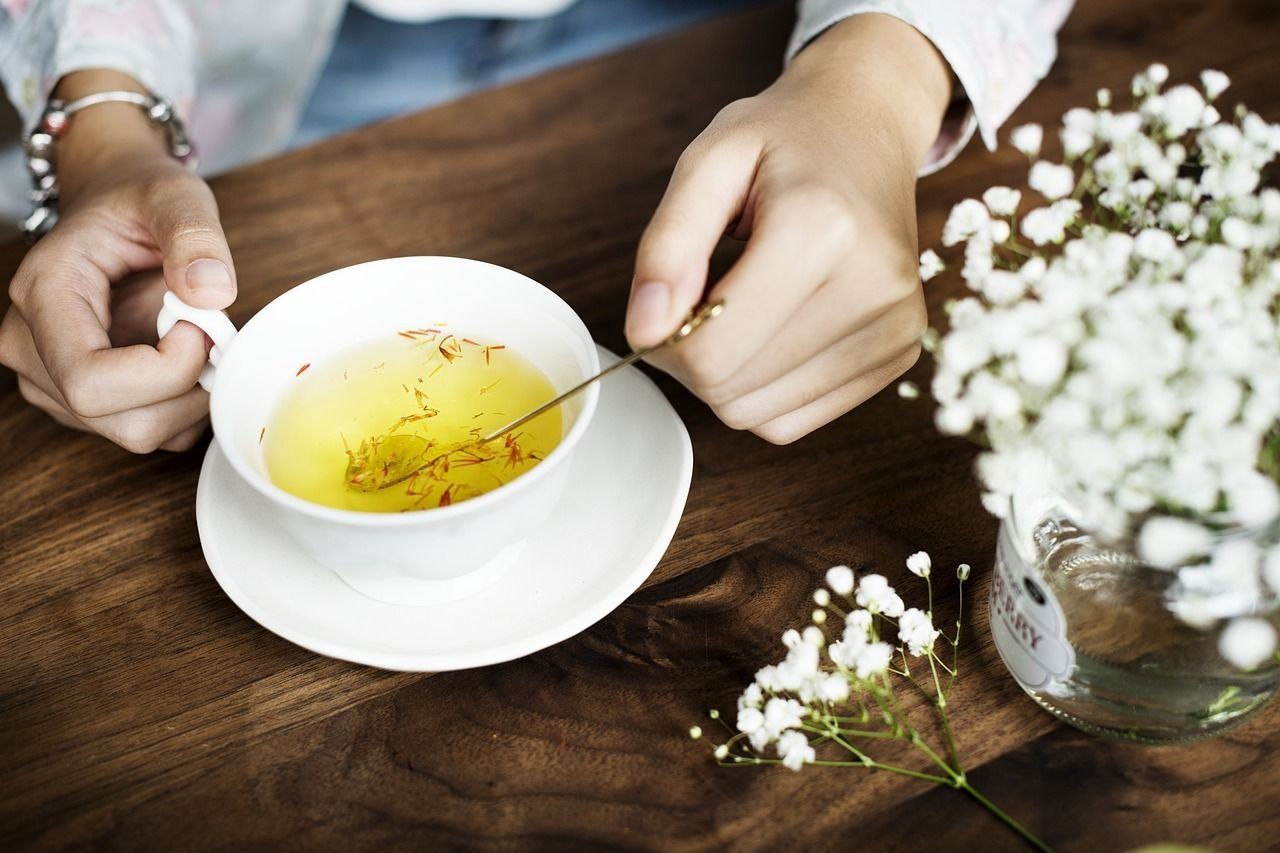
Despite the fact that medicine is at a high level in 2025, in the fight against pain, people continue to use herbal analgesics - healing herbs. This is due to the fact that synthetic drugs have not become a panacea: they are addictive, and long-term use leads to various diseases, which is confirmed by research. The benefits of natural analgesics are undeniable - there are practically no contraindications, and they affect the body much milder. In terms of effectiveness, plants are not inferior to medical preparations, but the latter give relief faster.
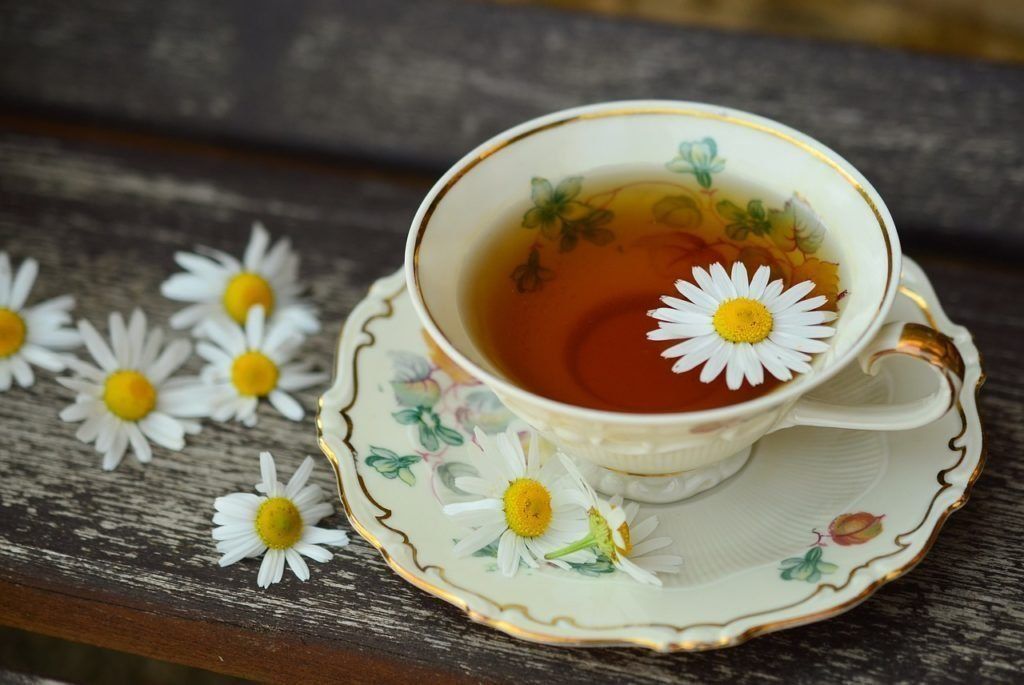
Content [Hide]
The benefits of medicinal plants
Scientific research on painkillers such as ibuprofen or diclofenac has led scientists to conclude that the harm they cause is greater than the relief they provide. They disrupt the work of the heart (the risk of heart attacks, strokes, blood circulation increases), the gastrointestinal tract (gastritis and ulcers become aggravated), the liver and kidneys. Of course, if the day is just beginning, and you have a headache, it is better to take a pill, and not to suffer. But some people are forced to constantly use drugs, because chronic diseases are often associated with pain.
The use of natural analgesics helps to avoid the risk of developing a number of problems and effectively get rid of the pain syndrome, and for a longer time. They can both complement and completely replace drug therapy, which is recognized by a number of specialists. In addition, medicinal herbs have a beneficial effect on the human body, relax, give strength and have a general healing effect.
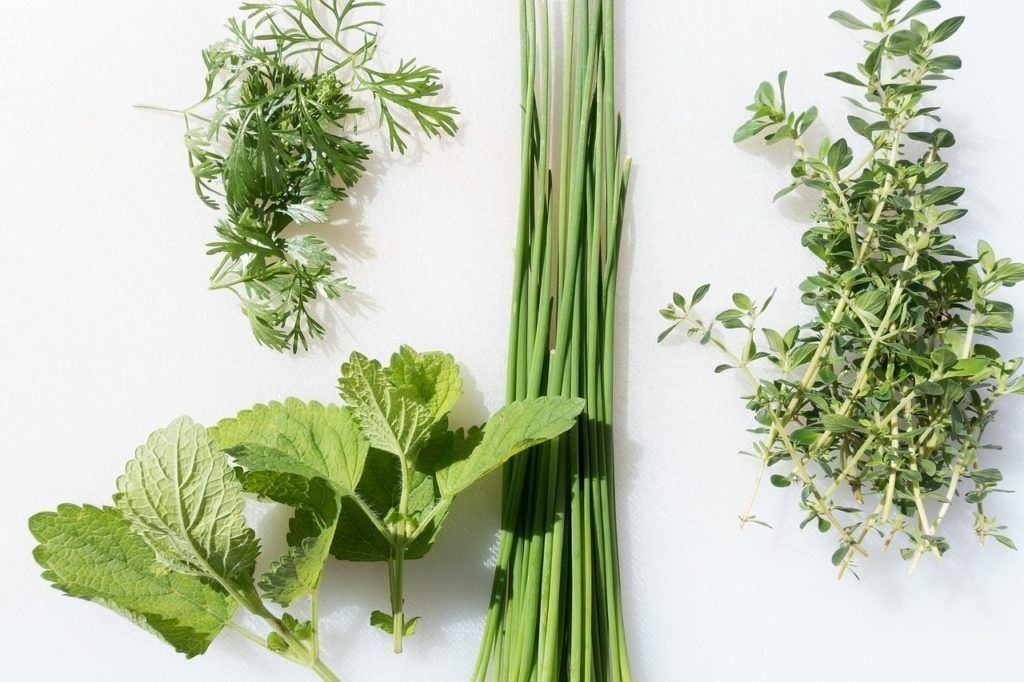
Description of natural analgesics
Many plants have an analgesic effect, each of them has its own instructions for use, as well as useful properties and specific features that you should learn about before you start using.
It is worth remembering that herbal therapy is a process that will take time and patience. In order for the remedy to work, it may take several days or a whole course.
But, if you manage, the process will bring decent results.
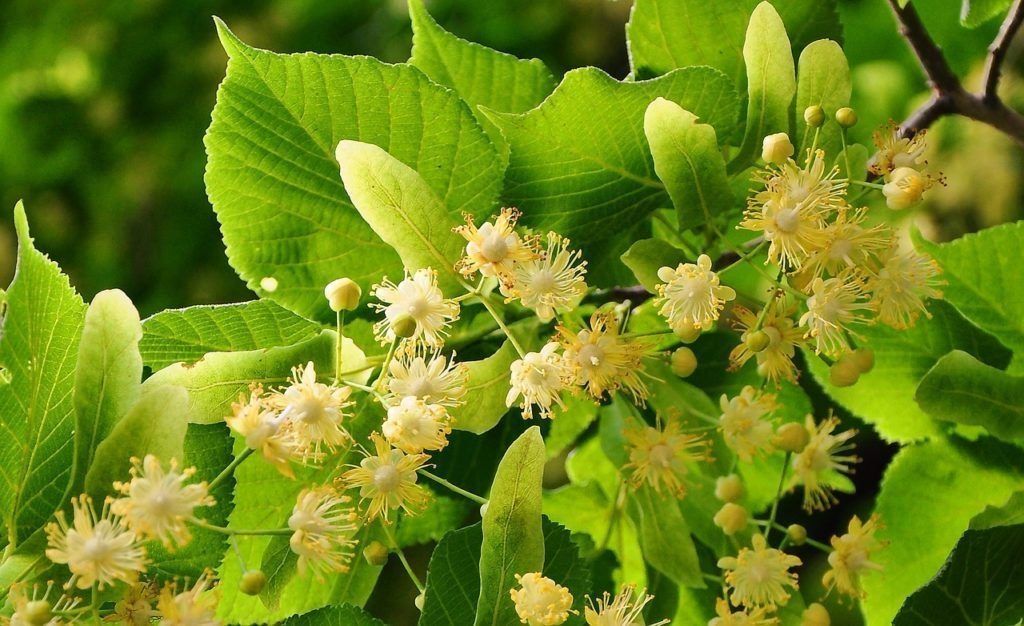
Phytotherapy: what helps?
Analgesics of plant origin help to cope with a whole range of problems associated with impaired functioning of the systems of the human body.The effectiveness of herbal remedies is ensured by their special composition - substances that have antispasmodic and anti-inflammatory effects.
1. For joints
votes 12
There is a list of medicinal plants that will help cope with joint pain. It is recommended to try several options to find the most effective for yourself.
- Warm compresses from sea buckthorn. It is necessary to knead 100 g of berries (only fresh ones give an effect), apply a compress to the disturbing place, add a warm bandage on top and keep it all night. This will relieve the pain almost immediately, and a two-week course can completely get rid of the problem;
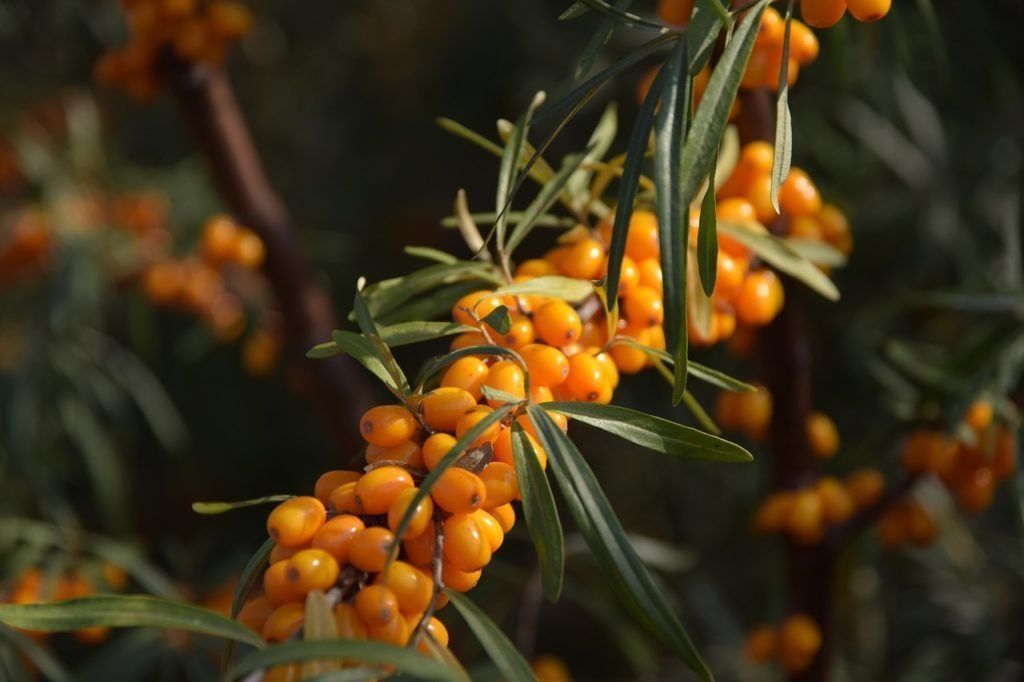
- Healing ointment. Essential eucalyptus oil is mixed with peach oil (in the proportion of 1 drop per 1 teaspoon), and then rubbed into the skin. Thanks to the action of eucalyptus, swelling subsides and pain decreases in a short time.
For people who prefer decoctions, the following cooking recipes are suitable:
- The washed sunflower root must be chopped into 1 cm pieces, pour 3 liters of water, bring to a boil and hold on fire for a couple of minutes. The cooled broth is used instead of tea for 3 days;
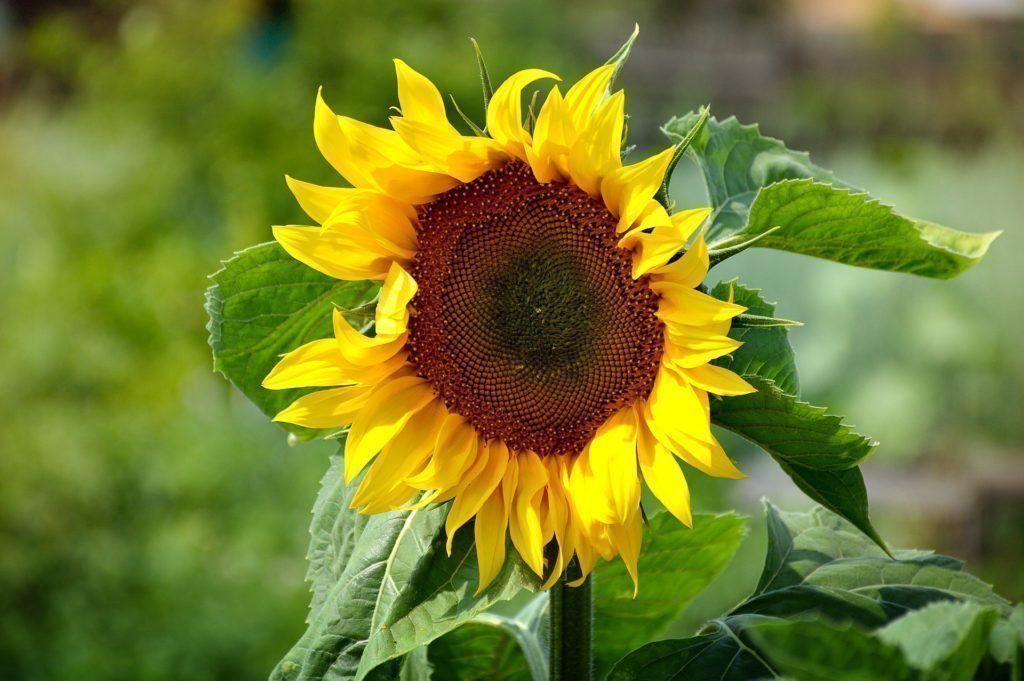
- 1 st. l. celery roots are poured with 0.5 liters of water and infused for 4 hours. The resulting broth should be taken in 2 tbsp. before meals, twice a day. After a few weeks, the pain should completely disappear;
- In a water bath, a decoction of 1 tbsp is prepared. l. mint and chamomile, for 10 minutes. It is used in 100 ml, twice a day, for 3-4 weeks.
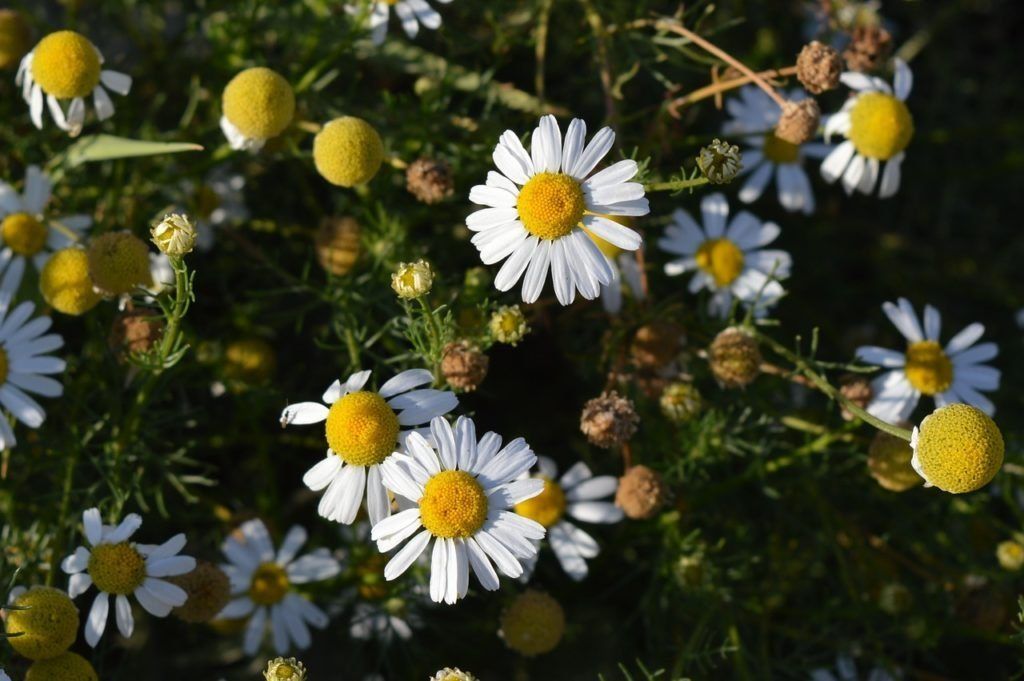
These recipes are suitable for rheumatoid arthritis and osteochondrosis. The usual drug therapy in these cases is long-term use of non-steroidal anti-inflammatory drugs, which lead to more problems than they solve.Folk remedies, coupled with therapeutic exercises, in this case become the only way to maintain health.
2. With oncology
votes 6
People with cancer often experience severe pain. Medicinal herbs come to the rescue, which relieve pain and improve well-being. Natural analgesics are used in the form of tinctures, decoctions, compresses and extracts.
In folk medicine, the following herbs and recipes are used:
- Celandine. It prevents the growth of neoplasms and reduces nervous tension. For 4 st. l. herbs account for 4 cups of boiling water, then you need to let it brew. You should drink a spoonful before meals, 2-3 times a day. Effective and lotions on a disturbing place;
- Calendula petals. Reduce inflammation and growth of neoplasms, promote relaxation. For infusion, pour a spoonful of grass into half a liter of water and wait 12 hours. It is necessary to drink a decoction of 100 ml before each of the 3 meals;
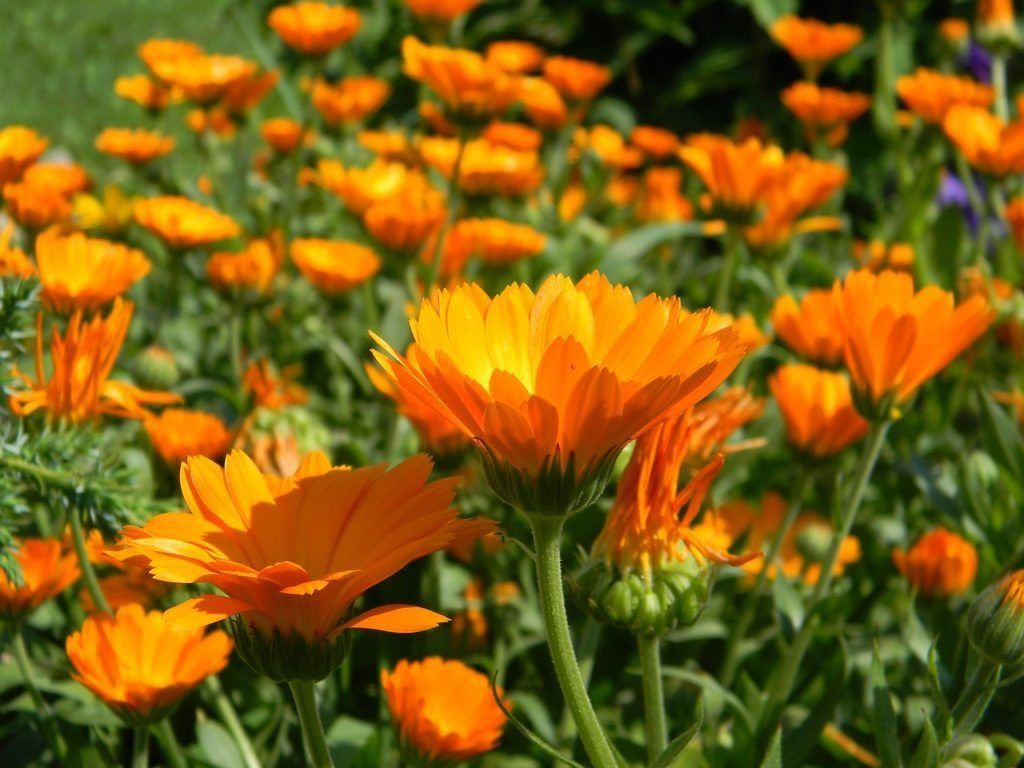
- Hemlock flowers. Until 1902 - a classic medical analgesic. This is one of the few remedies that can completely get rid of oncology in the last stages. Freshly picked flowers are used. They are filled with alcohol and infused for about a month. The course is quite long. From the 1st to the 20th day, one drop is added to 20 drops daily, and from the 20th to the 40th day, on the contrary, 1 drop less is used until the number reaches 20 again.
- Burdock root. Used in many medical preparations. Asparagine in the composition prevents the formation of tumors. The root contains many essential oils and trace elements. It strengthens the immune system and helps to eliminate toxins. You can use both fresh and dried rhizome. 3 tablespoons of the root are added to 500 ml of boiling water, the mixture should boil for a quarter of an hour. Strained infusion drink 3 times a day before meals, half a cup;
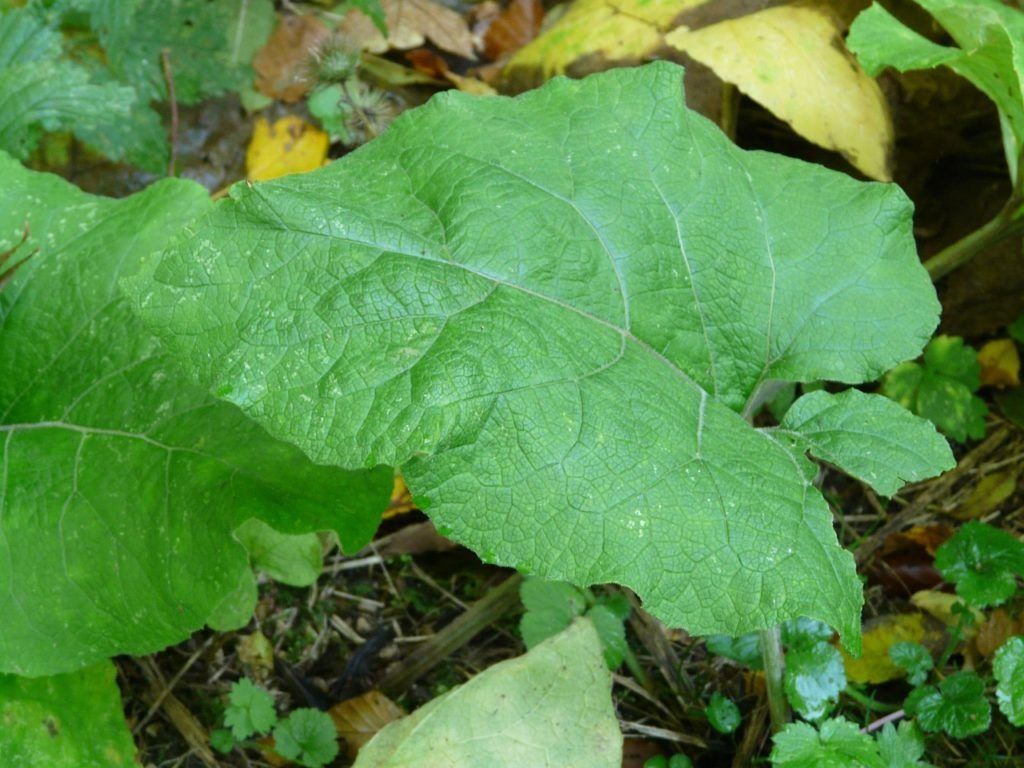
- Swamp calamus - used for cancer of the liver and gastrointestinal tract. It has a strong calming effect on the body. A decoction is prepared from 1 tbsp. rhizomes and a liter of water, it takes 25 minutes to prepare. It is recommended to drink in the morning and in the evening 100 ml shortly before meals.
Effective in the treatment of cancer and barberry, sandy immortelle, tartar, thyme, agave, cocklebur. On their basis, decoctions are also made. Extracts from these plants are used as the basis for the creation of anticancer drugs.
Herbs strengthen the immune system and protect the body, but the main treatment for cancer remains surgery and chemotherapy. However, the pharmacological use of herbs once again confirms their effectiveness in the fight against cancer.
3. For back pain
votes 6
Suffering from back pain, people reach for the next pill, not thinking about the consequences for the stomach. Natural analgesics help to avoid side effects. To eliminate back pain, the following recipes are suitable:
- For 1 st. l. yarrow herbs add 200 ml of hot water. The decoction should be allowed to brew for about an hour. Strained broth is taken three times a day before meals, 1 tbsp. l.;
- St. John's wort oil is being prepared, which is rubbed into a sore spot. For 500 ml of any oil, 150 g of St. John's wort flowers are added, all this is boiled for a quarter of an hour. The cooled and filtered solution can be rubbed into the disturbing area for 10 days.
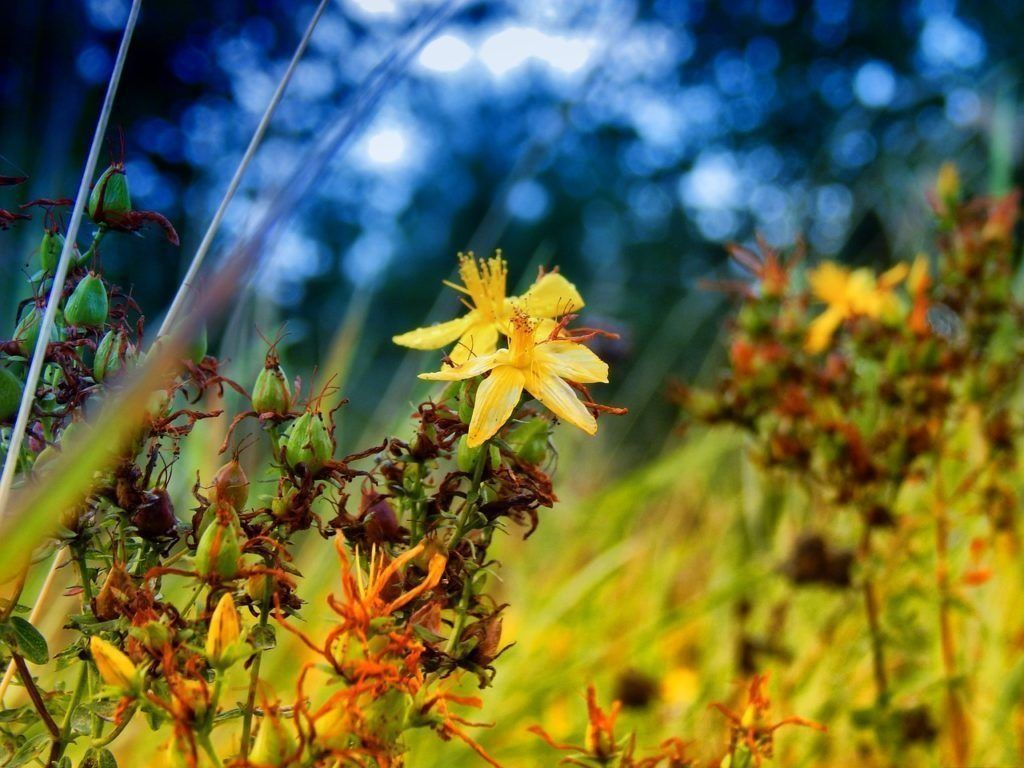
Back pain can appear due to menstruation. But the advantage of herbal remedies is that they affect the body as a whole, it is not required to identify the exact nature of the pain.
With menstruation An infusion of St. John's wort flowers helps a lot, which can be brewed in a thermos in the proportion of 1 tbsp. l.per liter of water, and replace them with tea. Similarly, you can infuse chamomile flowers, oak bark, horsetail, calendula petals. They not only relieve suffering, but also act on the causes that cause painful menstruation.
The nutritional value and calorie content of herbal preparations tends to zero, ranging from 1 to 2 kcal per 100 grams (depending on the specific inflorescences, roots and leaves of plants), proteins, fats and carbohydrates correlate as 0/0/0.2 g.
With a similar problem - pain in appendagesThe following herbal remedies will help:
- Elecampane - 1 tbsp. l. grated fresh root add 200 ml of water, and boil for about 15 minutes. The broth insist up to 4 hours and take a tablespoon before meals.
- Walnut leaves are also brewed.
At kidney pain, which also radiates to the back, thyme is usually used, which has a diuretic and sedative effect, as well as chamomile and calendula flowers, sage, St. John's wort and horsetail.
4. For toothache
votes 3
If you are worried about pain in your teeth, it is recommended to prepare a healing infusion of herbs and use it for rinsing three times a day. For these purposes, suitable herbs such as chamomile flowers, sage, willow bark, calamus marsh, plantain.
You can apply a mixture of fresh ginger and red pepper, which contains capsaicin, a pain reliever, to the area of pain. This will help stop inflammation.
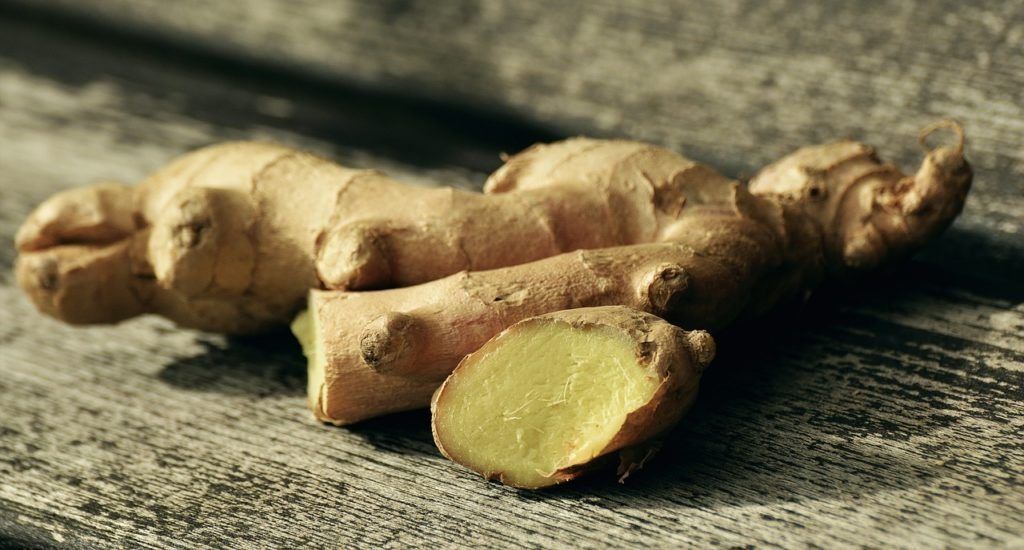
5. For pain in the intestines
votes 5
Violation of the functions of the gastrointestinal tract leads to a number of unpleasant consequences. Diarrhea, fatigue, poor assimilation of nutrients in the body appear, which becomes a threat to bones, hair, nails and skin. Medicinal herbs come in very handy.
An infusion of St. John's wort, chamomile, anise and yarrow, as well as specialized multivitamin preparations, help to cope with the pain of the gastrointestinal tract.
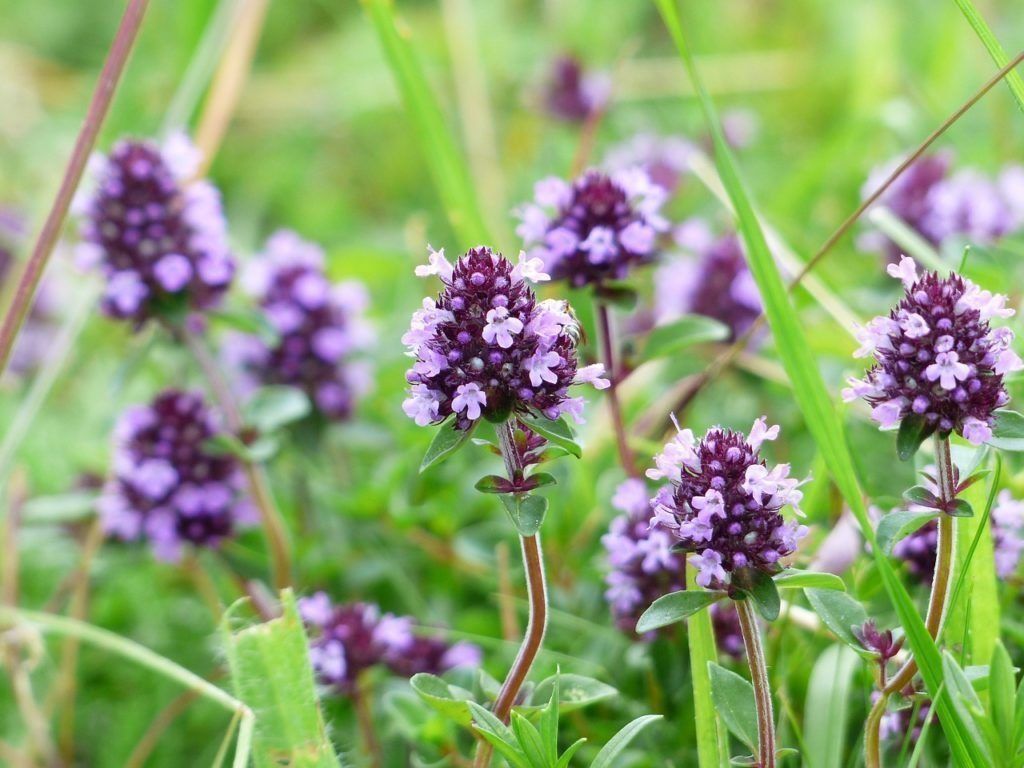
Summing up, it should be noted that natural anesthetics have a very wide range of applications. Full or partial replacement of medicines by them will help maintain health and get rid of pain without negative consequences. Healing infusions can also be used to prevent diseases.
It remains to highlight questions about the acquisition, cultivation and storage of herbs.
Where to buy medicinal herbs?
If we are talking about dry herbs, then they are bought, as a rule, in pharmacies or shops specializing in herbs. It can be purchased from a private person if you are well versed in herbs and are confident in the place of collection.
When it comes to fresh cut plants, let's not forget the vast possibilities of the Internet achieved by 2025. In the open spaces of the network you can find almost any tool, regardless of the time of year.
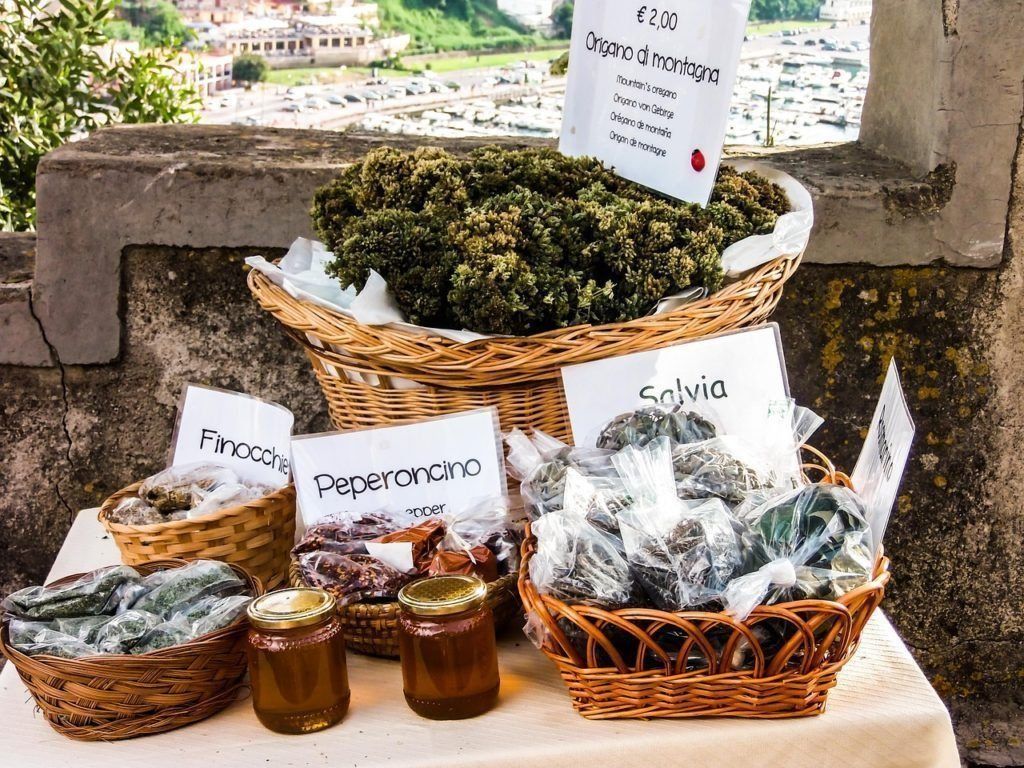
How to store herbs?
Proper storage of medicinal herbs is not difficult. A dry, dark place with enough air and an average temperature of up to 20 degrees is required. Plants are best stored separately from each other. You can use both closed dishes - glass, ceramic, wooden or tin, and store herbs in bunches, woven bags or wicker tueskas.
It is recommended to write the time of collection or purchase of herbs. The average shelf life is 2-3 years, sometimes up to 5 years. It is better to find out about the shelf life when buying, since the old collection will not give the results of a fresh one.
How to plant medicinal plants?
This information is relevant for those who have the opportunity to grow herbs on their own land. A small sunny, and not windy area is suitable. Taller plants are best placed in the center, and shorter plants are best placed at the edges so that the sun is evenly distributed. Healing herbs are unpretentious, it is enough to provide them with timely watering, having found out in advance how moisture-loving each of the species chosen for planting is.

Medicinal herbs: how to harvest?
Since the growing season of herbs will differ depending on the climatic zone, we will give general recommendations.
Harvest begins in May and ends by mid-summer.
In spring, leaves, flowers and rhizomes of plantain, horsetail, celandine, nettle, dandelion, burdock and oak and willow bark are harvested.
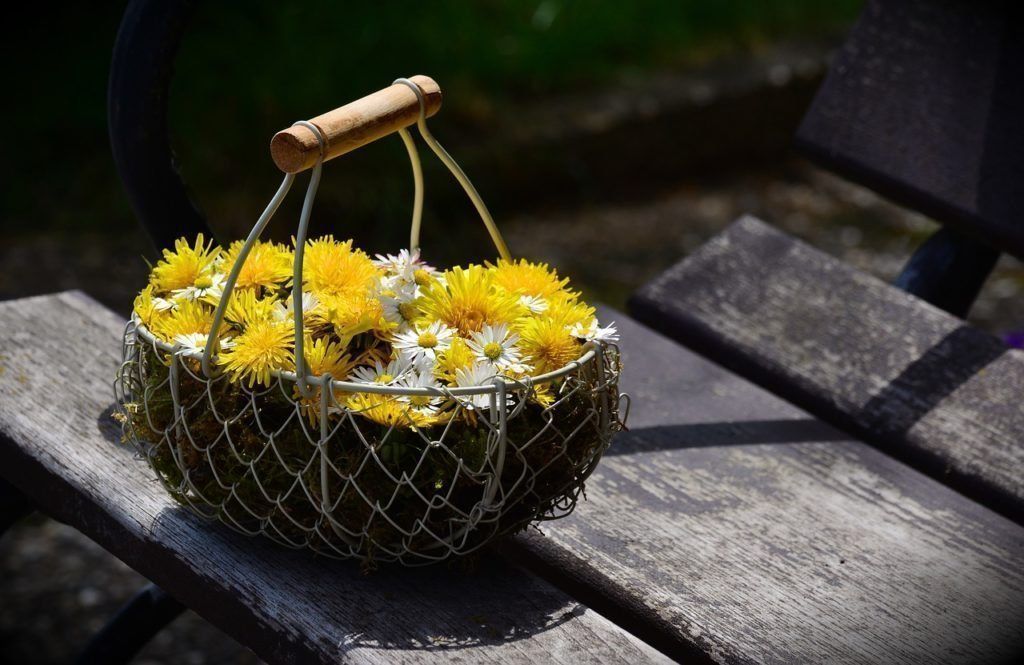
It is customary to collect leaves and flowers at the time of flowering by hand, so as not to damage the plant.
The bark is cut off in early spring, at the same time as the sap flow.
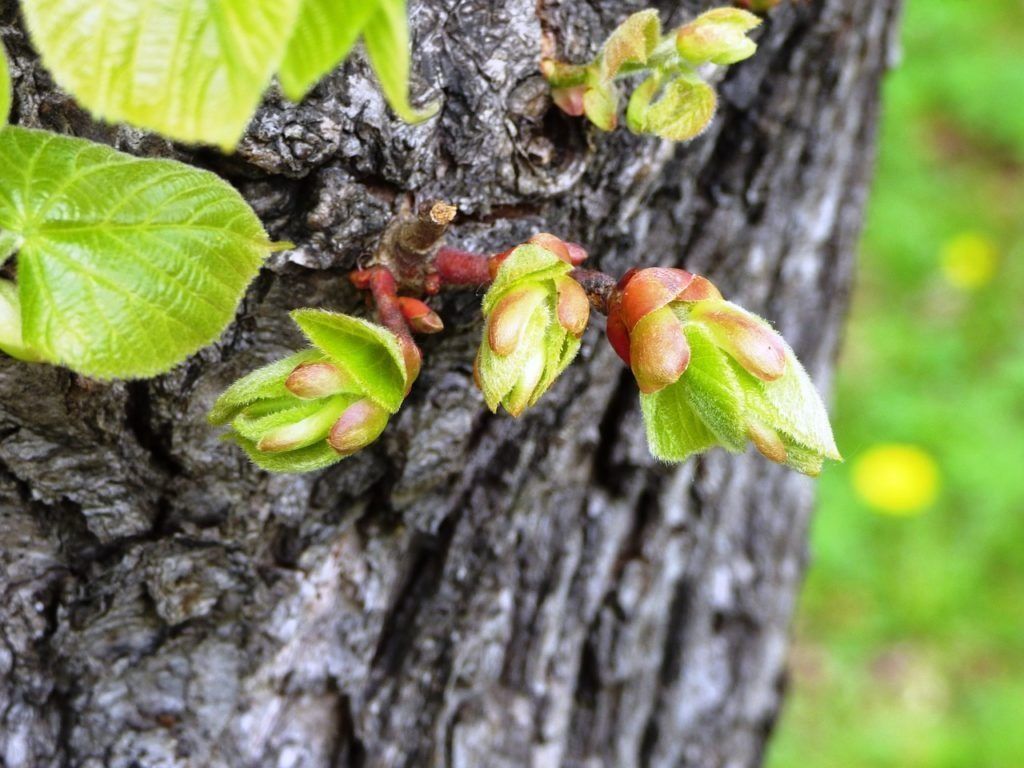
Regarding the roots of plants, there are no agreed terms, so you can dig out at any time during the warm season.
new entries
Categories
Useful
Popular Articles
-

Top ranking of the best and cheapest scooters up to 50cc in 2025
Views: 131649 -

Rating of the best soundproofing materials for an apartment in 2025
Views: 127688 -

Rating of cheap analogues of expensive medicines for flu and colds for 2025
Views: 124516 -

The best men's sneakers in 2025
Views: 124030 -

The Best Complex Vitamins in 2025
Views: 121937 -

Top ranking of the best smartwatches 2025 - price-quality ratio
Views: 114978 -

The best paint for gray hair - top rating 2025
Views: 113393 -

Ranking of the best wood paints for interior work in 2025
Views: 110317 -

Rating of the best spinning reels in 2025
Views: 105326 -

Ranking of the best sex dolls for men for 2025
Views: 104363 -

Ranking of the best action cameras from China in 2025
Views: 102214 -

The most effective calcium preparations for adults and children in 2025
Views: 102010







